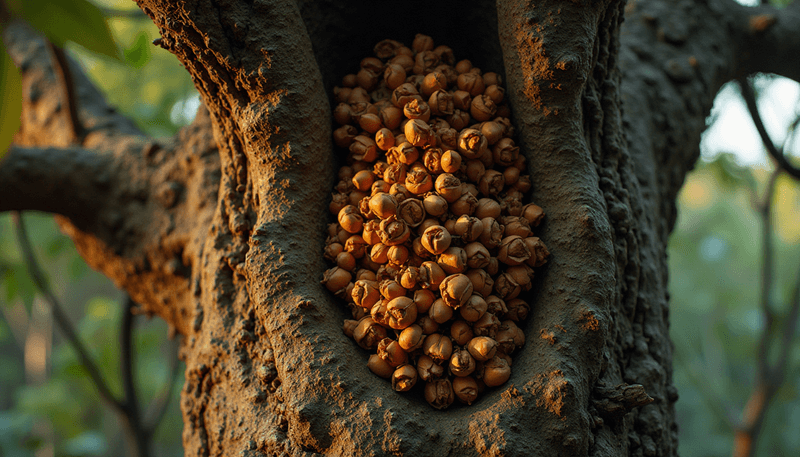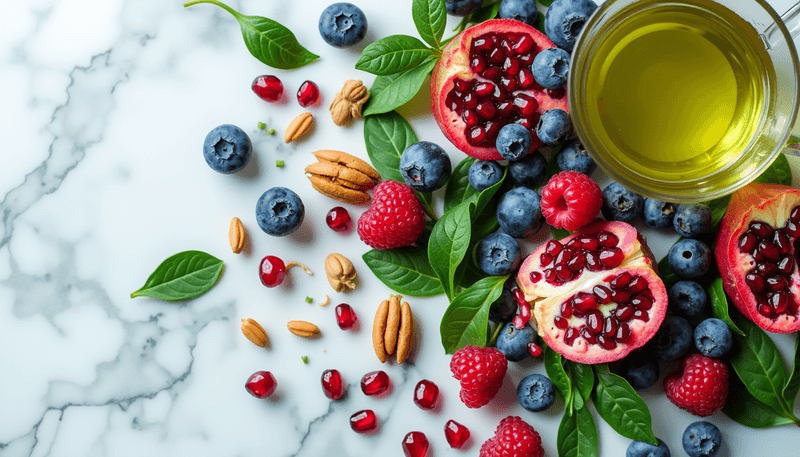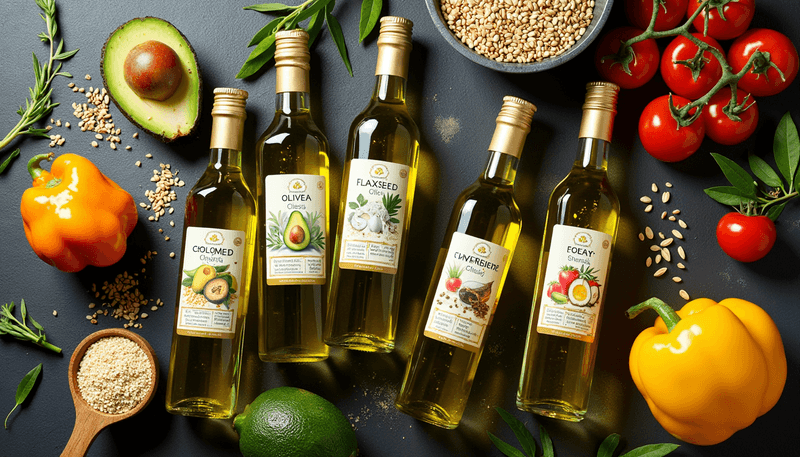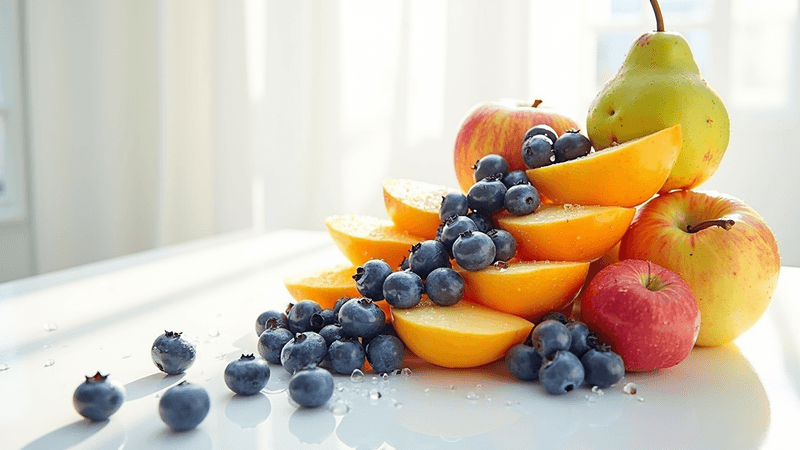African Seed Oil Fights Breast Cancer
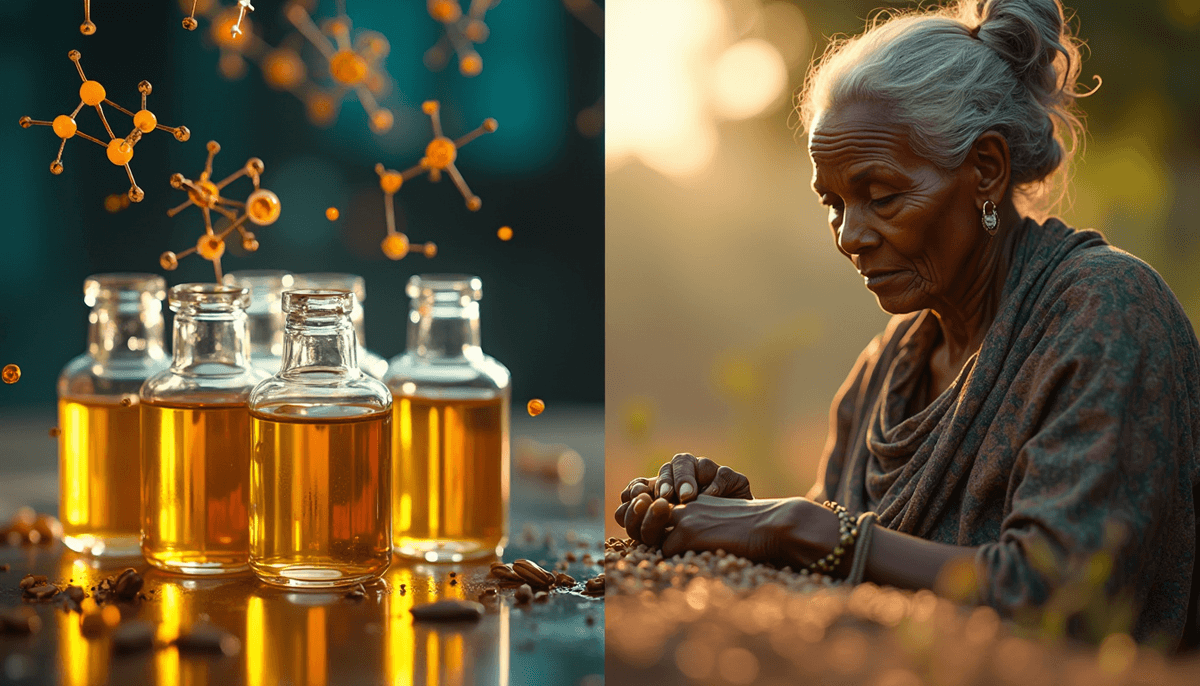
Deep in the equatorial forests of West Africa grows a remarkable tree whose seeds might change how we think about breast cancer prevention. While modern medicine has made tremendous strides in treating breast cancer, many women are seeking natural alternatives that complement conventional approaches. New research reveals promising results from a traditional African seed oil in preventing breast cancer.
What if preventing breast cancer could be as simple as incorporating the right natural oils into our daily routine?
The Power of Antioxidants in Cancer Prevention
One of the most striking findings from the research is how Njansang oil works through its powerful antioxidant properties. Think of your body's cells as a bustling city, and free radicals as vandals causing chaos. Antioxidants are like the city's protection force, neutralizing these troublemakers before they can damage your cellular "buildings."
The study showed that Njansang oil significantly increased important antioxidant enzymes like superoxide dismutase (SOD) and catalase, while reducing harmful substances like malondialdehyde (MDA). In everyday terms, this means the oil helps your body maintain its natural defense system against cancer-causing damage.
Practical Application: While Njansang oil isn't readily available worldwide yet, you can boost your antioxidant intake through:
- Adding colorful berries to your breakfast
- Including nuts and seeds in your daily snacks
- Drinking green tea instead of sugary beverages
- Incorporating leafy greens into every meal
Inflammation Control: A Key to Prevention
The research revealed that Njansang oil significantly reduced inflammatory markers, particularly TNF-α and INF-γ. Think of inflammation as a fire in your body - while some inflammation is necessary for healing, chronic inflammation can fuel cancer growth.
Sarah, a 35-year-old yoga instructor, shared her experience incorporating anti-inflammatory foods into her diet: "I started paying attention to inflammation in my body after my mother's breast cancer diagnosis. Making simple switches in my diet, like choosing olive oil over processed oils and eating more fatty fish, has made me feel more energetic and empowered about my health."
Anti-inflammatory Actions You Can Take:
- Choose whole foods over processed options
- Include omega-3 rich foods like salmon and walnuts
- Minimize refined sugar intake
- Practice stress-reduction techniques, as stress can increase inflammation
Cholesterol Management and Cancer Risk
A fascinating aspect of the study was the oil's ability to improve cholesterol profiles. The research showed that Njansang oil helped reduce total cholesterol and harmful LDL cholesterol while maintaining beneficial HDL cholesterol levels. This is particularly important because high cholesterol levels have been linked to increased breast cancer risk.
Have you considered how your daily food choices might be affecting both your heart and breast health?
Simple Steps for Better Cholesterol Management:
- Replace saturated fats with healthy plant-based oils
- Increase fiber intake through whole grains and legumes
- Stay physically active with at least 30 minutes of movement daily
- Consider regular cholesterol screening with your healthcare provider
The research on Njansang oil opens exciting possibilities for natural breast cancer prevention. While we await more studies and wider availability of this promising oil, we can apply its core lessons through smart dietary and lifestyle choices.
How will you incorporate these cancer-fighting strategies into your daily routine starting today?
Take Action Today: Start by choosing one anti-inflammatory food to add to your daily diet this week. Whether it's adding berries to your breakfast or switching to green tea, small changes can lead to significant benefits for your long-term health.

Dr. Marcus Anthony Bennett
Dr. Marcus Bennett is a Seattle-based freelance medical writer and consultant specializing in mid-aged women's health. With a background in internal medicine and over a decade of experience in preventive care, he is dedicated to making complex health topics accessible. Dr. Bennett completed his MD at Johns Hopkins School of Medicine and residency at the University of Washington. His empathetic and evidence-based approach combines traditional medical expertise with a focus on health disparities, often incorporating practical lifestyle advice. Known for his clear, engaging communication, Dr. Bennett provides actionable insights to empower his audience.
